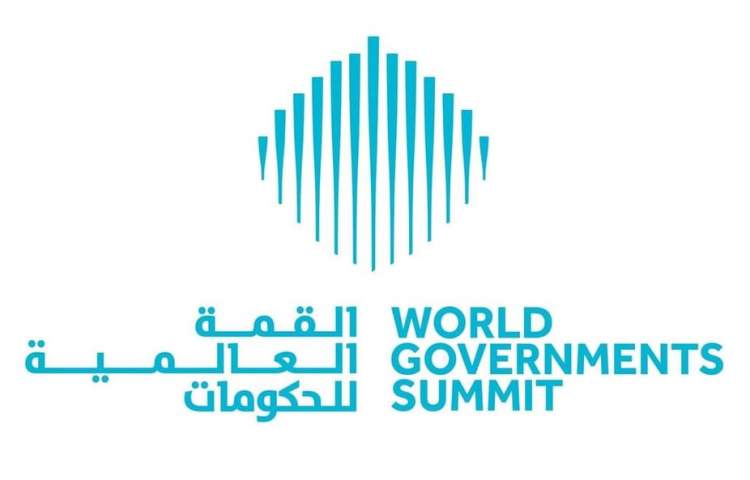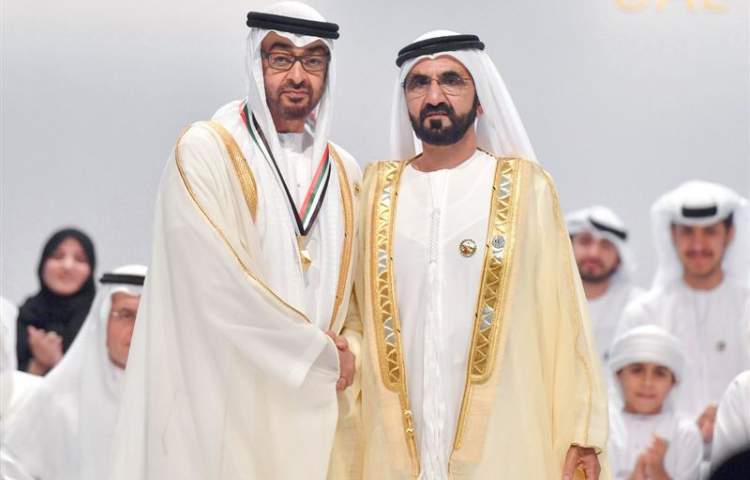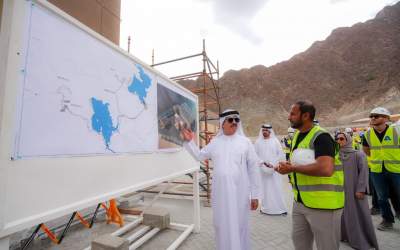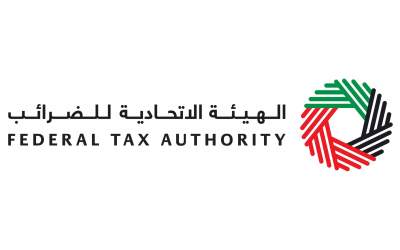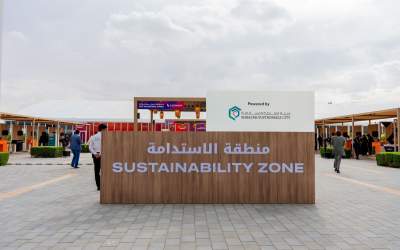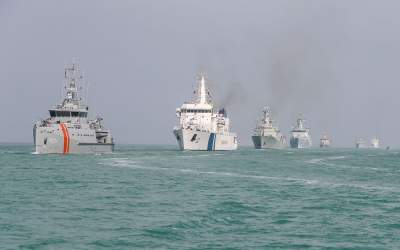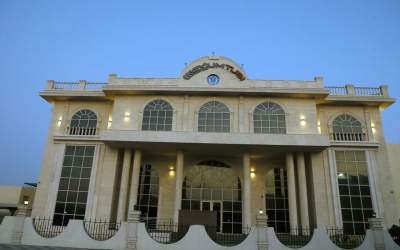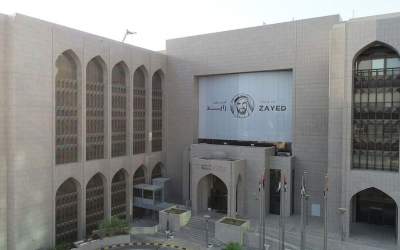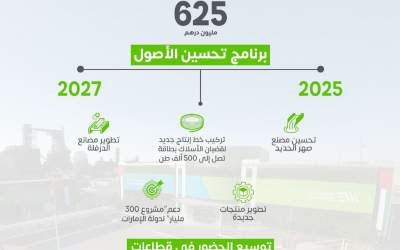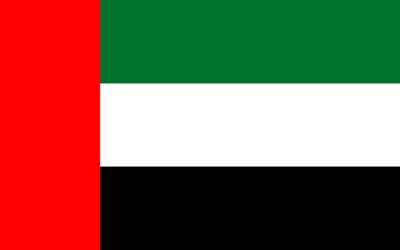The UAE Ministry of Finance has announced its participation in the World Government Summit (WGS) 2025, which will be held in Dubai from February 11 to 13 under the theme “Shaping Future Governments”.
Publish dateMonday 10 February 2025 - 13:18
Al Hussein said that the World Government Summit provides a unique space to share knowledge and expertise on the future of governance, the role of innovation and technology, and its impact on building more sustainable and resilient societies.
On Day Zero, the UAE Ministry of Finance will host the 9th Arab Finance Summit in partnership with the Arab Monetary Fund and the International Monetary Fund.
The meeting will be attended by Arab finance ministers and central bank governors, Kristalina Georgieva, Managing Director of the International Monetary Fund, and Dr. Fahd bin Mohammed al-Turki, Managing Director and Chairman of the Board of Directors of the Arab Monetary Fund, and other officials and experts from regional and international institutions.
The meeting will be held under the theme “Fiscal Resilience in Times of Uncertainty: Balancing Development Needs, Climate Action, and Debt Sustainability” and will include four panel discussions, with a ministerial roundtable as the closing session.
The first session, titled “Macroeconomic Developments and their Implications for the Fiscal Situation,” will examine regional and international macroeconomic trends and challenges.
The session, “Fiscal Policy Options in the Face of Rising Debt Pressures,” will examine the rising debt, budget deficits, and interest payments that are weighing on many countries.
The third session, titled “Fiscal Policy and Climate Resilience,” will address the economic impacts of climate change in the region and policies to enhance adaptation.
Finally, the session, “Rethinking Tax Systems for Major Economic Structural Changes,” will examine the development of tax systems in the Arab region, focusing on revenue generation strategies and the role of artificial intelligence.
The Ministry and the GCC General Secretariat will also host a panel discussion titled “Enhancing Resilience: Shaping the Future of the GCC Economy in the Face of Regional and Global Challenges.”
The session will address national fiscal policies to manage global disruptions, emphasize public-private partnerships, and highlight the importance of cooperation in trade, infrastructure, and joint economic strategies.
The summit will also address “Vision 2031: Shaping the UAE’s Economic Future through Diversification and Innovation” and broader strategies that aim to enhance the role of member states in the global economy.
On the second day of the summit, the UAE Ministry of Finance will hold a session entitled “The Role of Public-Private Partnerships in Advancing Innovation in Social Infrastructure” in collaboration with the Arab Monetary Fund.
The session will explore how to accelerate development strategies in key sectors such as health and education through public-private partnerships, and how to improve the quality of basic services and community well-being through innovation in the private sector.
The ministry will also organize the “International Tax Summit” on the second day of the summit, which will bring together thought leaders, economic experts, government officials and corporate representatives from around the world.
The summit will focus on the latest developments and key reforms in the international tax landscape, and will address topics such as information exchange, e-invoicing and the second pillar of tax law.
This year’s World Government Summit will see an unprecedented international participation, including more than 30 heads of state and government, 140 government delegations, as well as more than 80 international and regional organizations.
The Summit will host 21 global forums to examine major global trends in over 200 sessions. More than 300 speakers, including presidents, ministers, thought leaders and decision-makers, will participate, and more than 30 roundtables and ministerial meetings will be held, attended by 400 ministers. The Summit will publish 30 strategic reports in collaboration with its international partners.
amacnews.com/vdcb.5b5urhbw0e4pr.html
Source : news agency wam
Most viewed
